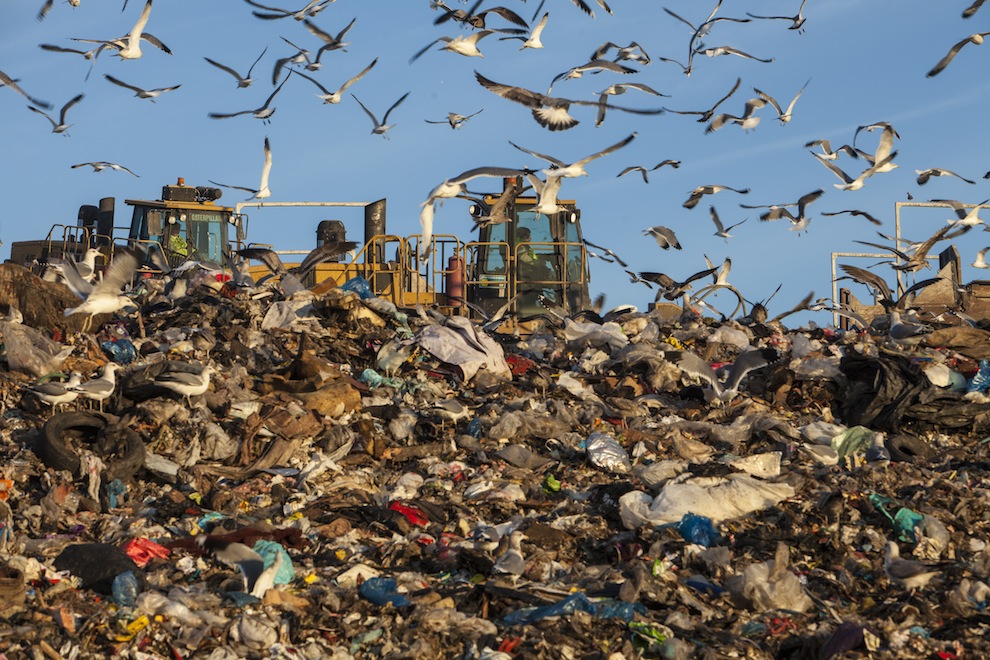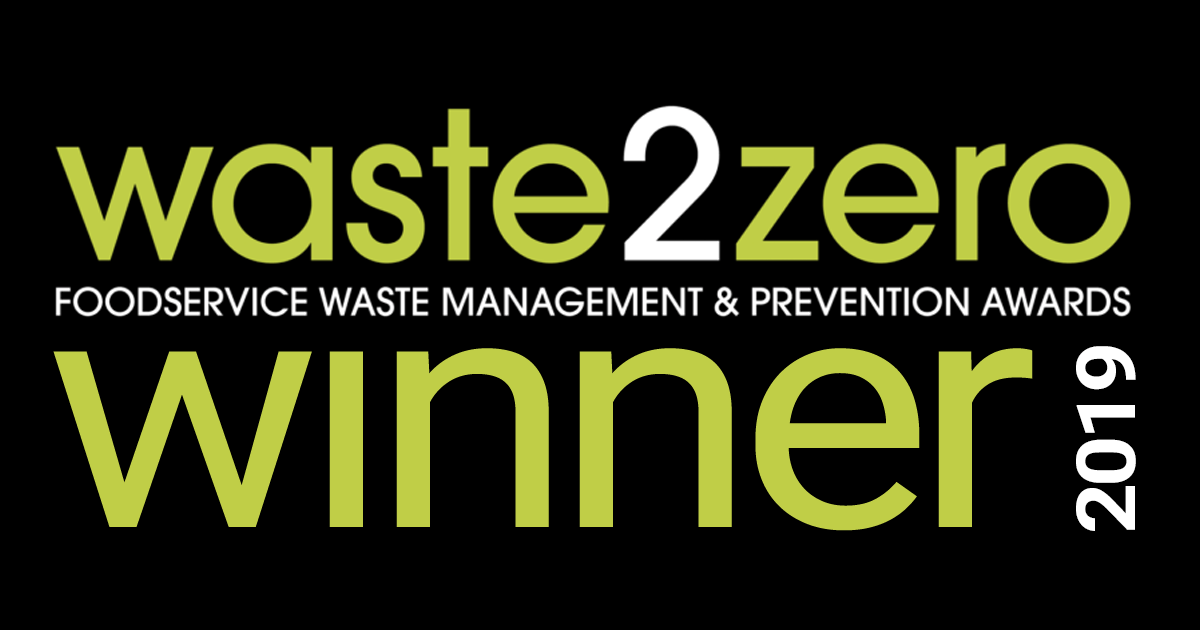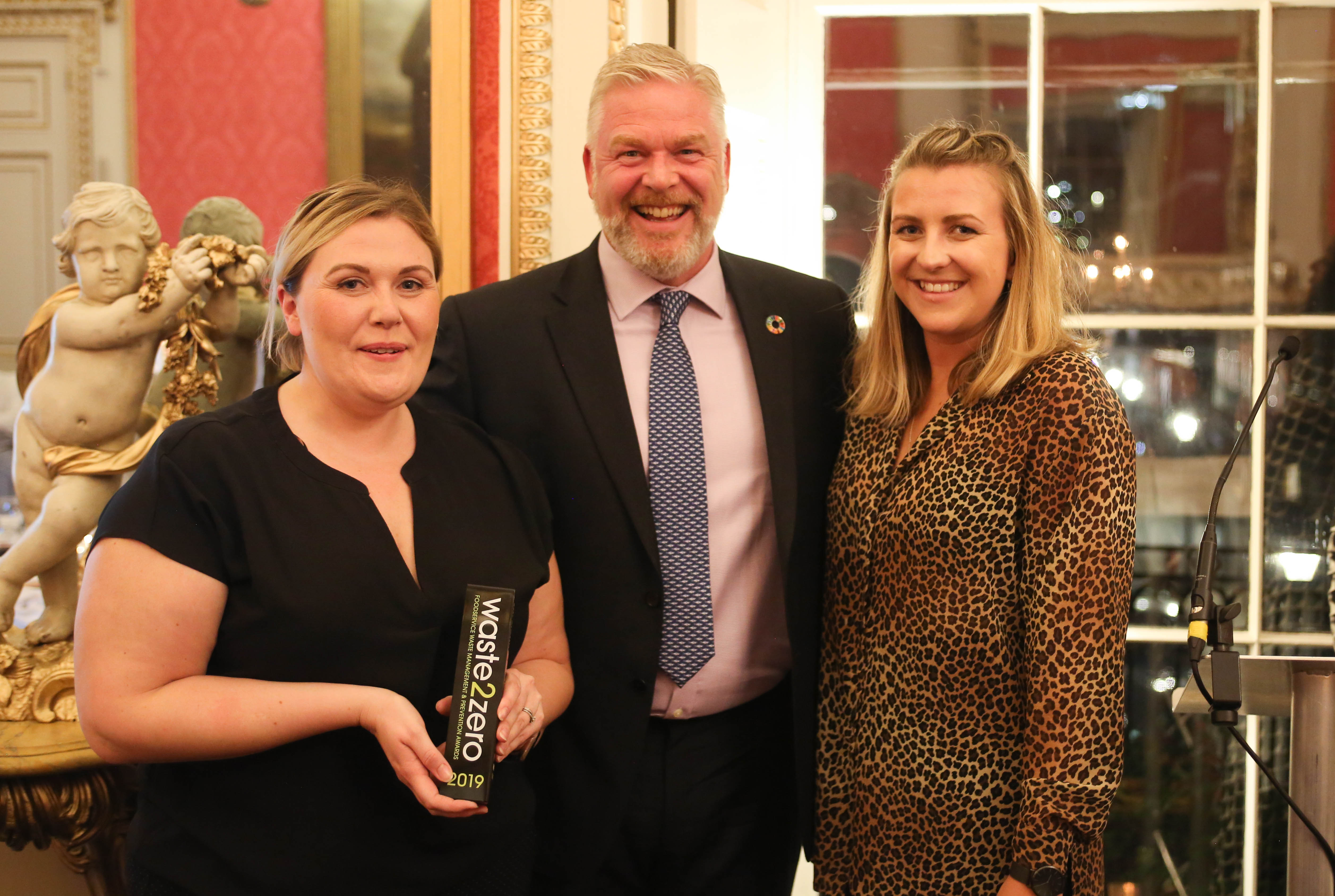Making a Positive Impact On Planet Earth
Practical, Sustainable and Award Winning Solutions in Food Packaging & Waste Recycling
It seems also impossible to avoid products made of Styrofoam (polystyrene) or plastic materials. From water bottles and shampoo containers, snack wrappers and Tupperware, to drink cups and takeout food clamshells, we use and eventually throw out most plastics and Styrofoam.

The U.S. Environmental Protection Agency or the EPA, defines containers and packaging as products that are assumed to be discarded the same year the products they contain are purchased.
Containers and packaging make up a major portion of municipal solid waste (MSW), amounting to 80.1 million tons of generation in 2017 (29.9 percent of total generation). They also say of the three million tons of polystyrene produced here in the U.S., 2.3 million tons end up in landfills, with much of the remainder finding its way into waterways. Styrofoam cannot be recycled unfortunately.
“About one-third of an average dump is made up of packaging material"
Landfills and the natural environment are the final resting places for more than three quarters of non-degradable plastic trash, according to a new global estimate. If current trends in plastic production and waste management continue, the plastic debris housed in landfills and natural environments — currently 5.4 billion tons — will more than double by 2050, scientists reported Wednesday in Science Advances. That’s some scary stuff!
Waste remains rampant and a mega-trend and one of the biggest challenges to the hospitality and food service industry. Food waste, in particular, has emerged as one of the defining sustainability issues of our modern food system. Plastics, packaging, and other non-food waste presents a perpetual and massive problem, while micro-plastic waste threatens the food chain itself.
"As of 2015, the grand total of all plastic ever made since 1950 amounts to 9.1 billion tons and growing.”
 The waste2zero awards recognize excellence in Waste Management and Prevention in the food service industry. Now in its third year, the objective of waste2zero - the first awards of its kind in the sector - is to specifically give the out of home industry a platform to showcase best practice and recognize excellence in this vital area. The natural by-product is to encourage those organizations – and there are some, still indifferent about waste, to take the issue more seriously and to get involved in its management and prevention at a business level.
The waste2zero awards recognize excellence in Waste Management and Prevention in the food service industry. Now in its third year, the objective of waste2zero - the first awards of its kind in the sector - is to specifically give the out of home industry a platform to showcase best practice and recognize excellence in this vital area. The natural by-product is to encourage those organizations – and there are some, still indifferent about waste, to take the issue more seriously and to get involved in its management and prevention at a business level.
“Around 60 percent of all the plastics we’ve ever made are on the planet somewhere.”
2019 BEST CLOSED LOOP PROJECT AWARD WINNER : VEGWARE™
We’re delighted to announce that Vegware™, the global specialist in plant-based compostable food service packaging, has won ‘Best Closed Loop Project’ at the October 2019 waste2zero awards!
Vegware™ is serious about environmental health. Not only do they manufacturer plant-based compostable food service packaging, they take producer responsibility seriously, helping clients find end of life solutions for their used Vegware™ products.
Beloved by foodies, this hot-line of compostable products are growing in popularity. Now you can combine Vegware’s award-winning Eco catering disposables with your corporate color, message or logo!

The brand’s full product range of hot & cold cups and lids, deli paper, straws, cutlery, food handler gloves, takeout boxes, food containers, tableware and glassware are all designed to be recycled together with food scraps in commercial composting facilities. In under twelve weeks, clients’ catering ‘waste’ becomes nutrient-rich compost to feed farmers’ fields.
"At least 8 million tons of plastic end up in our oceans every year”
The award recognizes the company’s environmental work in the United Kingdom, and Vegware™ is committed to bringing its environmental services across the pond to the USA! Vegware’s US Zero Waste Director, Julia Wetstein, advises US-based clients on composting solutions so that their used Vegware catering disposables can be composted in industrial settings.
MDS Associates, a proud to distributor, would like to commend Vegware™ for a job well done and for protecting our Planet. Together we encourage government offices, health boards, tourist attractions, education, food retailers, event organizers, artisan delis, independent coffee houses, and vegan restaurants to convert to Vegware™ products today!